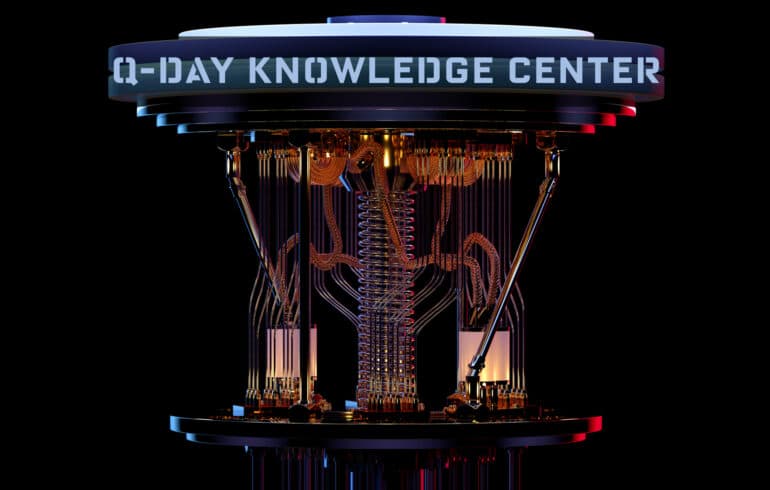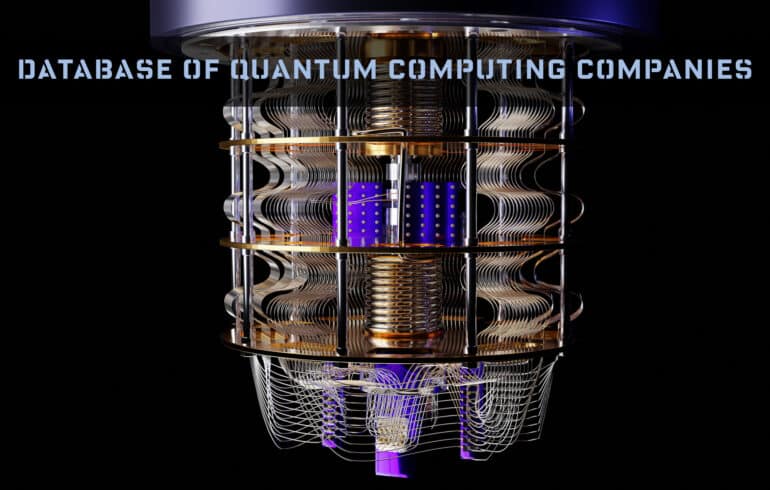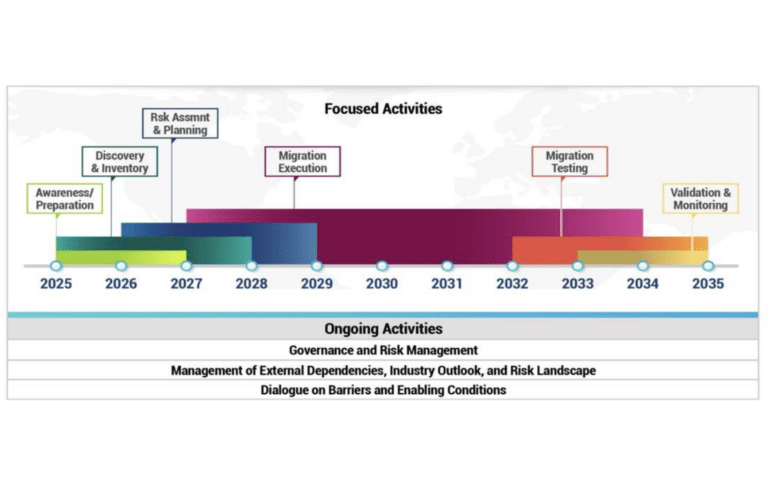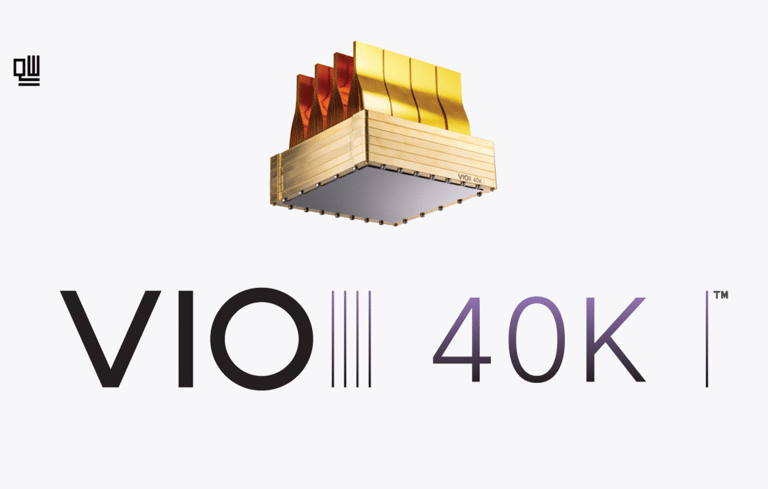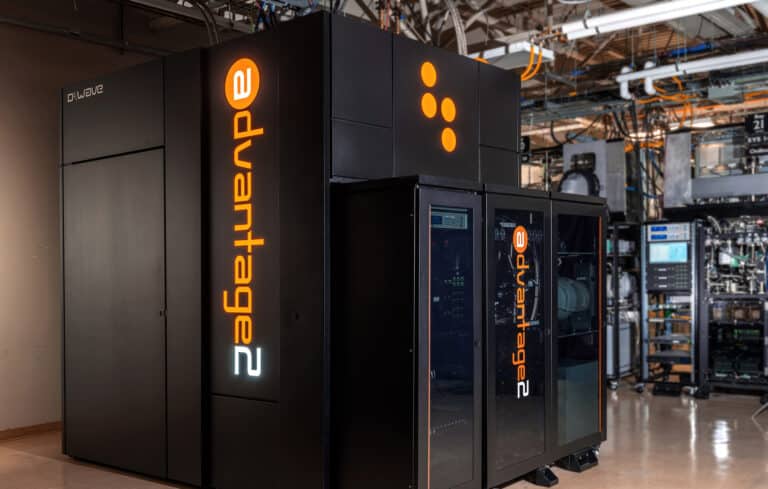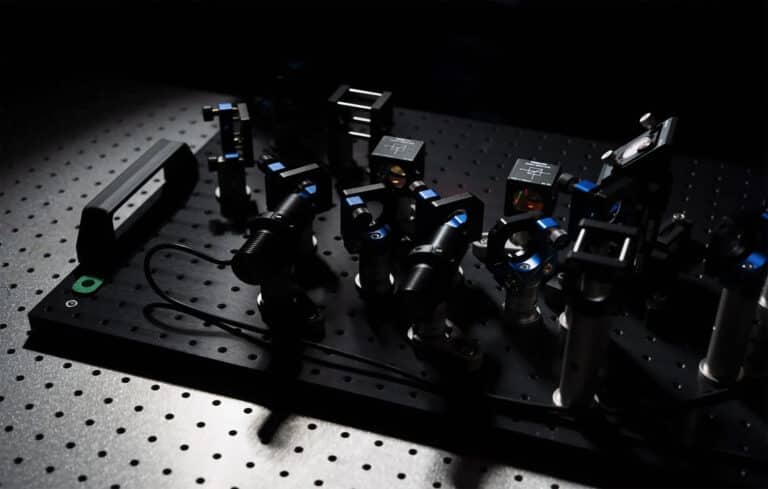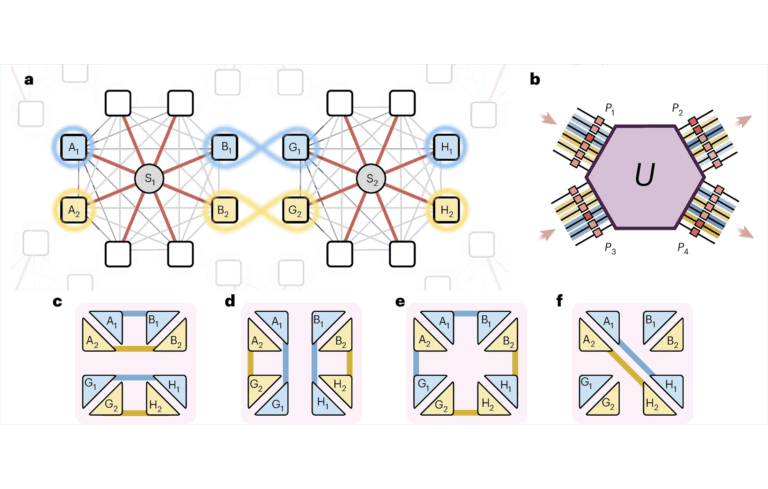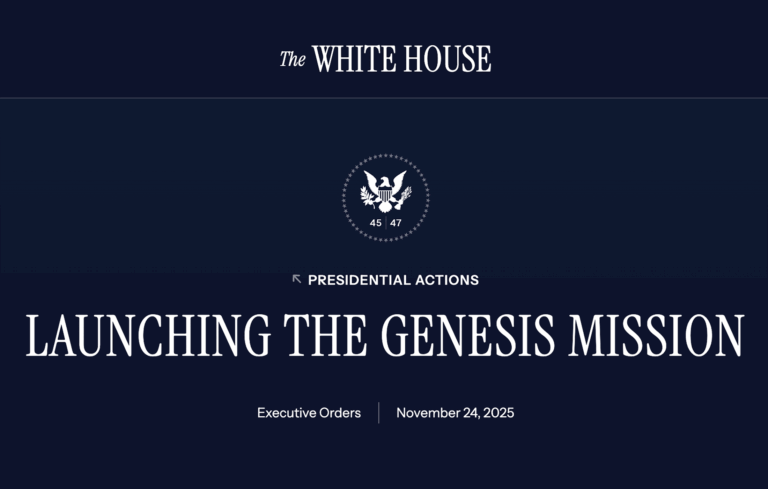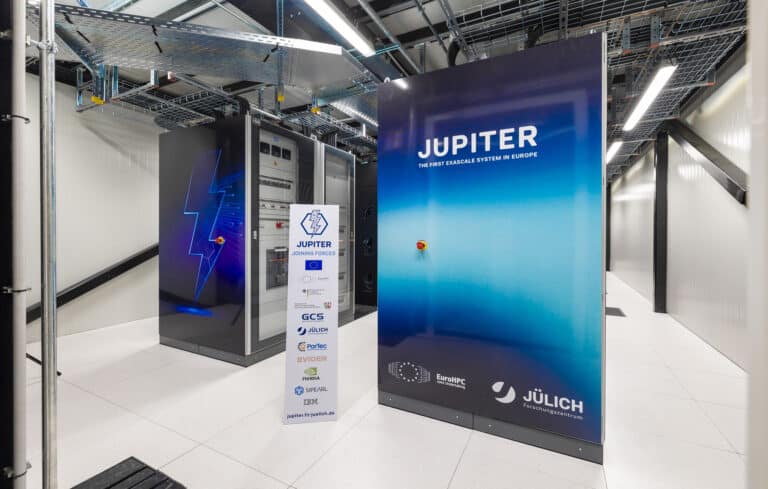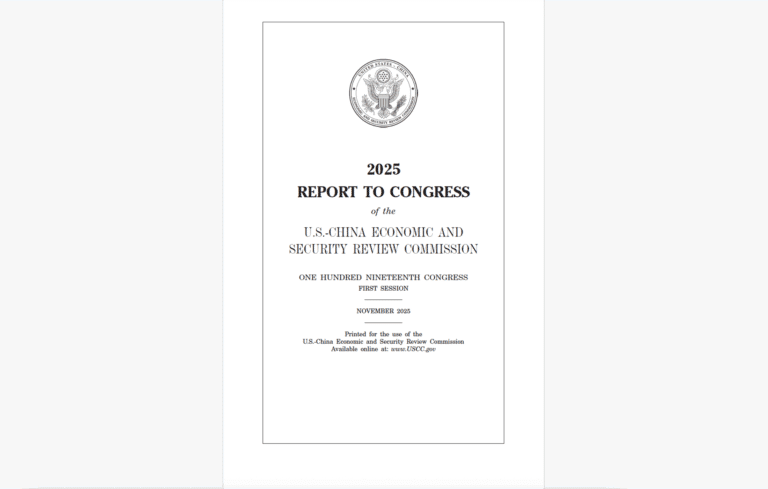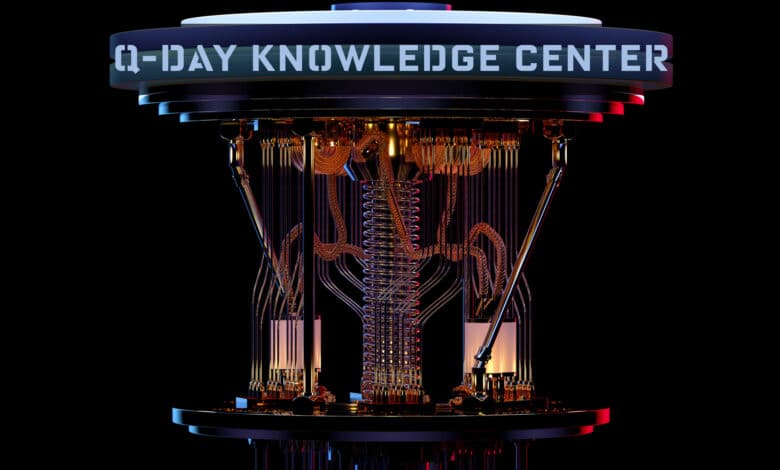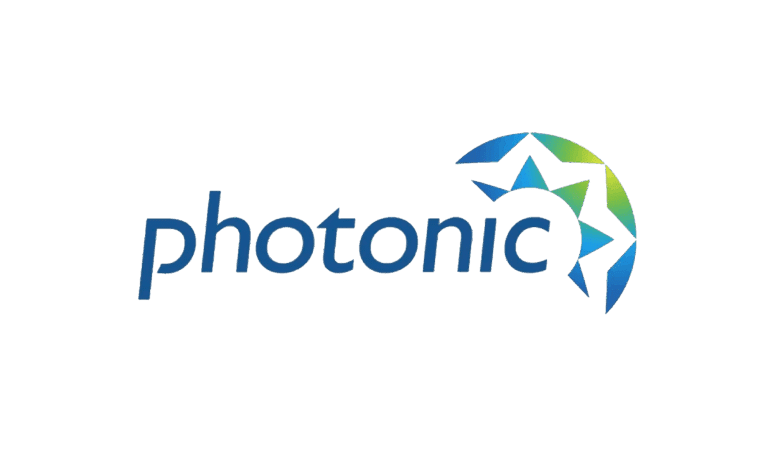|
My work has always been focused on emerging‑tech risk – building and leading innovation labs focused on quantum security, AI security, and cyber-kinetic risks for global corporations, governments, and defense. I regularly share insights on quantum technologies and emerging‑tech cybersecurity. More about me |
Sign up for my weekly newsletter: |
Applied Quantum is the first professional services firm dedicated to quantum technologies across computing, communications, sensing, and simulation. We deliver quantum-focused end-to-end advisory, R&D, and systems integration. On the security front we execute cryptographic inventories and cryptographic bills of materials (CBOMs), build enterprise crypto agility, plan and deliver PQC migrations and hybrid patterns, and design quantum safe networks (including QKD where warranted), with governance and compliance built in. The result is a de-risked path from exploration to business outcomes – without hype or lock in. |
PostQuantum.com AI Explainer
An AI tool that answers questions using a curated corpus of information from PostQuantum.com, NIST, NSA, and ENISA and other reliable sources. Ask anything related to quantum computing or quantum security.
